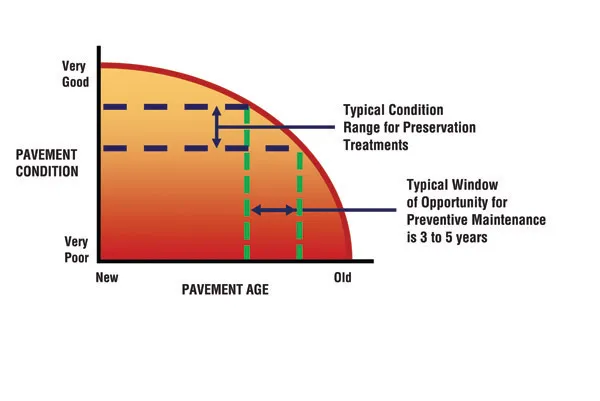Roads are an asset that society cannot live without argues a new manifesto out this month from the European Road Federation, as the lobby group launches a new policy for long-term, effective management of a safe and efficient European road network. Roads represent an incomparable link in the global chain of transport and mobility says the European Road Federation (ERF). The condition of the roads in Europe might look satisfactory at first glance, but what could appear acceptable on the surface can be hiding
April 11, 2013
Read time: 3 mins
Roads are an asset that society cannot live without argues a new manifesto out this month from the European Road Federation, as the lobby group launches a new policy for long-term, effective management of a safe and efficient European road network
Roads represent an incomparable link in the global chain of transport and mobility says the European Road Federation (ERF). The condition of the roads in Europe might look satisfactory at first glance, but what could appear acceptable on the surface can be hiding significant problems below, ERF’s experts agree.Many surveys carried out throughout Europe have demonstrated that a lack of proper financing of road maintenance has caused irreversible deterioration of the road network.
This shortfall in maintenance has a negative impact on road safety, but also generates problems of congestion, increased noise and decreased level of service.
Moreover, the road infrastructure is often not considered as a financial asset for society and the economy and the road owners are not aware of its value. Ignoring the value of the road network is similar to increasing our debt – and this means that everyone becomes poorer.
According to some ERF estimations, with a comprehensive length of some 5 million km, the total value of roads in the EU exceeds 8 trillion euro, although less than 1% of this value is dedicated to their maintenance every year.
However, solutions exist: many studies by asset managers suggest that the only way to manage the european road asset is to carry out regular surveys and undertake regular planned maintenance. In light with this, ERF has recently published a manifesto which promotes the use of Road Asset Management as a solution to achieve sustainable and effective management of a safe and efficient road network.
The Road Asset Management approach provides decision-makers with the necessary tools to establish a complete inventory of the road elements; provide a clear picture of the current condition of the road network; estimate the value of the asset and the costs of maintenance; set up prioritised funding scenarios for regular and timely maintenance and upgrade; and select the most cost-effective programme for maintaining, improving and properly finance the road infrastructure.
This important new ERF manifesto also calls upon European, National and local policymakers to coordinate their efforts at all levels in order to implement coherent and balanced policies for the preservation of the road asset and the maintenance of the road infrastructure; by assessing the value of the road network; conducting regular surveys on the condition of these assets; creating the financial conditions that will allow for timely and sufficient maintenance and improvement of the road asset and finally, develop a sustainable roads policy.
This is a sine qua non condition for keeping Europe moving and providing citizens with the level of service they deserve in terms of accessibility, safety, mobility, sustainability, socio-economic growth and prosperity says ERF.
In these times of economic uncertainties and budget restrictions, it is more than ever necessary to implement the right solutions that will allow society to keep and preserve one of its major community assets: roads.








